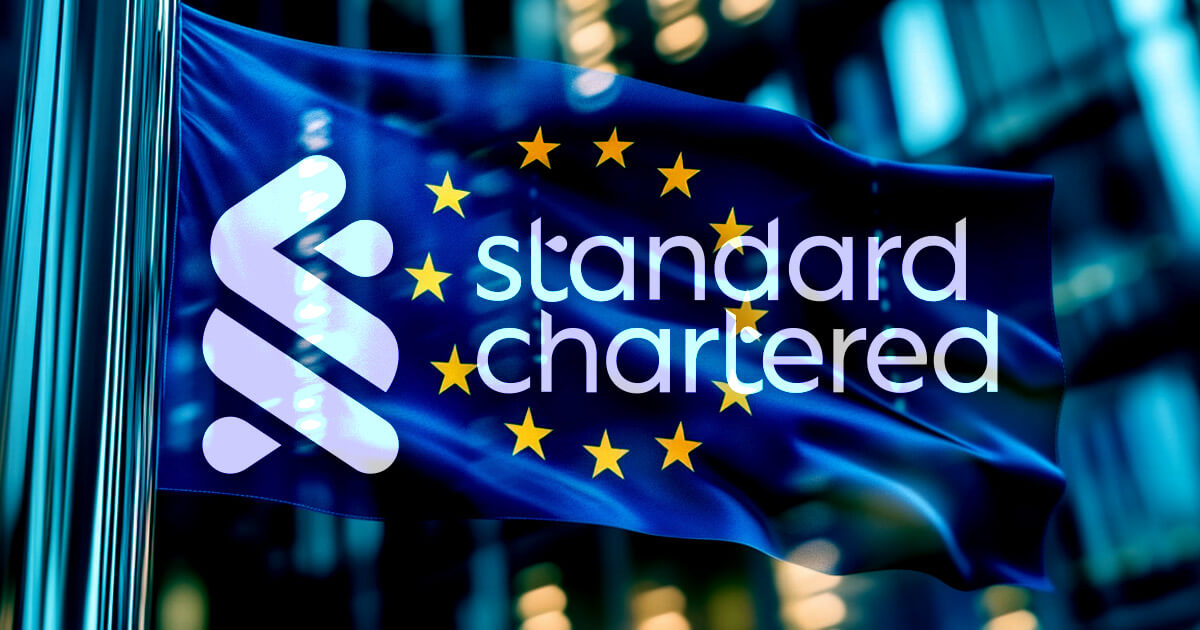Bloomberg News
WASHINGTON — A new discussion draft of a bill by Republicans on the House Financial Services Committee and the House Agriculture Committee would give the Commodity Futures Exchange Commission more authority in regulating cryptocurrency.
The bill grants the CFTC jurisdiction over digital commodities, while the Securities and Exchange Commission would regulate digital assets offered as part of an investment contract. It’s substantially more authority than the CFTC would likely have under a Democrat-written plan, and would constitute a major win for some Republicans who have long argued that many digital assets aren’t securities and shouldn’t be regulated as such.
Under the rules laid out in the discussion draft, the SEC and the CFTC would have to complete rulemakings that further defines digital commodities and securities when it comes to digital assets.
The priority of the CFTC in regulating digital assets under Republicans’ discussion draft would also be a blow to current SEC Chair Gary Gensler, whose agency has brought actions against exchanges and other crypto entities, accusing them of listing unregistered securities.
This issue came to a head recently in a hearing at the House Financial Services Committee with Gensler. In one tense exchange, McHenry asked Gensler to classify Ether, the second largest cryptocurrency, as a security or a commodity. CFTC Chair Rostin Behnam had, in the past, contested that Ether should fall under the CFTC’s purview.
“Do you think it serves the market for an object to be viewed by the commodities regulators as a commodity and the securities regulator to be viewed as a security? Do you think that provides safety and soundness for the products?” McHenry said. “I think ‘no’ should be a very simple answer for you here.”
Gensler declined to answer, saying that the agency doesn’t comment on specific cases.
The discussion draft, according to committee staff, was not shared with Democrat lawmakers before its release. The bill is likely to face pushback from across the aisle, specifically in its treatment of the SEC.
Under rules set up by the bill, a digital asset could be considered a commodity — and receive regulation primarily from the CFTC — if its network is “functional and decentralized.” The SEC could object to a digital asset being certified as a commodity, but “must provide a detailed analysis of its reasons for doing so.”
While the discussion draft is largely focused on the question of whether digital assets are investments or securities, it also addresses the issue of custodying digital assets — an area of growing concern for banks.
The bill would require the SEC to rewrite its rules to allow broker-dealers to custody digital assets if they meet certain requirements. Likely, that would include a rewrite of custody rules that would strike some existing obstacles for banks, including staff accounting bulletin 121.
Credit: Source link















































